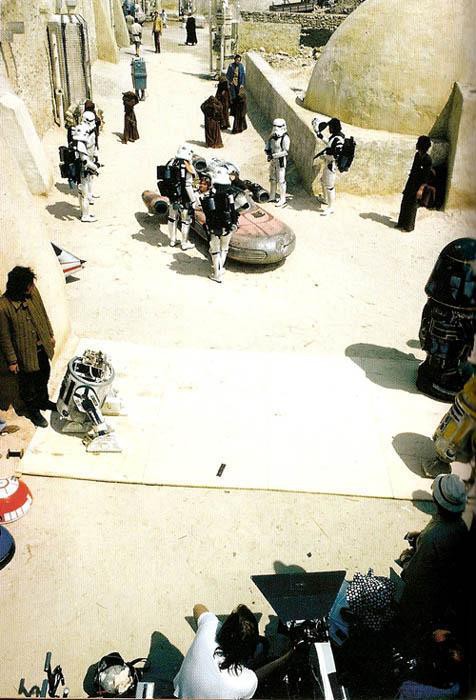Watch
Events
Articles
Market
More
An OOMlich shot of the Mos Eisley set (the first Star Wars films were pretty OOMlich).
https://thevaultofretroscifi.t....umblr.com/post/77572
Tell me about a Strange thing that intrigues you!
Every working day I post an OOM for the Strange things of our Maker.
ofourmaker.com
#dailyoom




Rhy Bezuidenhout
Delete Comment
Are you sure that you want to delete this comment ?